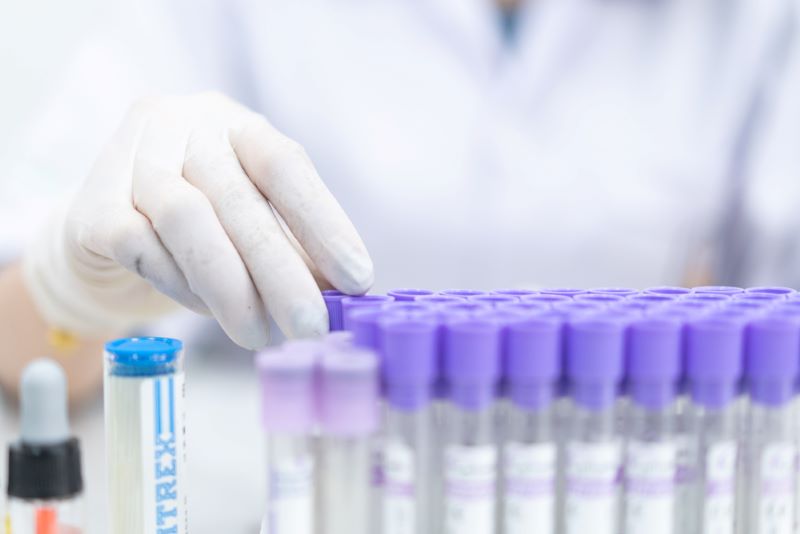Click here to get this post in PDF
If you’ve participated in a clinical trial or are involved in developing new medical treatments, you’ll know that safety and efficacy are paramount. Here, we take a deep dive into how researchers gather the data needed to assess whether new medical developments are likely to be safe and effective. In short, we will look at how Colibri Scientific supports the testing conducted by experts, which is pivotal to clinical trials: the assay.
What is an assay?
An assay is a test, but it shows more than a simple binary pass or fail. Assays are carefully designed analytical procedures. They measure the activity and presence of a specific substance in a sample. Such a substance could be anything from a cell to a protein or a drug, e.g. any component that plays a role in the effect of a treatment on the body.
What type of assays are there?
Various types of assays are used in clinical trials to answer specific questions.
- Bioassays — Assays that measure the biological activity of the substance. For example, they might analyse how a drug impacts cell growth or interacts with specific enzymes.
- Immunoassays- This type of assay focuses on measuring specific antigens or proteins that are indicators of immune response or disease.
- Cell-based assays- Designed to analyse the impact of a substance on living cells and therefore crucial in gaining insight on how treatments may impact the body at a cellular level.
The importance of assays
Assays have been instrumental in numerous medical advancements. They have helped and still help develop vaccines that can target cancer cells. In addition, they can be pivotal in providing the data required to understand how a variety of treatments work and how they positively and negatively impact the body.
They are also used to evaluate the effectiveness of new antibiotics, which is vital given the concerns about antibiotic resistance. Furthermore, they can assess the safety of potential allergens and guide the development of new technologies, such as vagus nerve stimulation and other new developments.
Assays are critical in clinical trials as they provide the data needed to determine whether a new treatment is working. They also test whether it is safe and how it compares to other existing options. These assays must be accurate, as a misleading conclusion could potentially delay the development of a treatment or cause harm to future patients.
The importance of safe and accurate testing
It is vital that clinical trial data is accurate and replicable. Inaccurate or non-replicable results may cause great treatments to be shelved or potentially dangerous treatments to be developed further. Accurate assays are vital in ensuring a trial’s results are as robust as possible.
Some companies conduct their own assays, but others prefer to outsource them to specialists who ensure that samples are stored, processed, and prepared correctly. This is a complex process that requires multidisciplinary expertise in data management, sample handling, and storage.
Specialists in sample management can ensure that samples are kept in perfect condition and that testing results are accurate and reliable. Whether you conduct in-house tests yourself or outsource your assays, it is vital that you choose management personnel with extensive experience and an excellent reputation for taking the utmost care with your samples.
The future of assays
As medical research continues to evolve, developments will be made to ensure that assays are more accurate and reliable, providing a route to market for medical advancements that are safer and more effective than ever before.
You may also like:
The Story Behind Chemotherapy Drugs & Their Trials
What Laboratory Specimen Labels Are, And How To Properly Use Them
What are Haemotologic Malignancies?
Image source: Depositphotos.com

